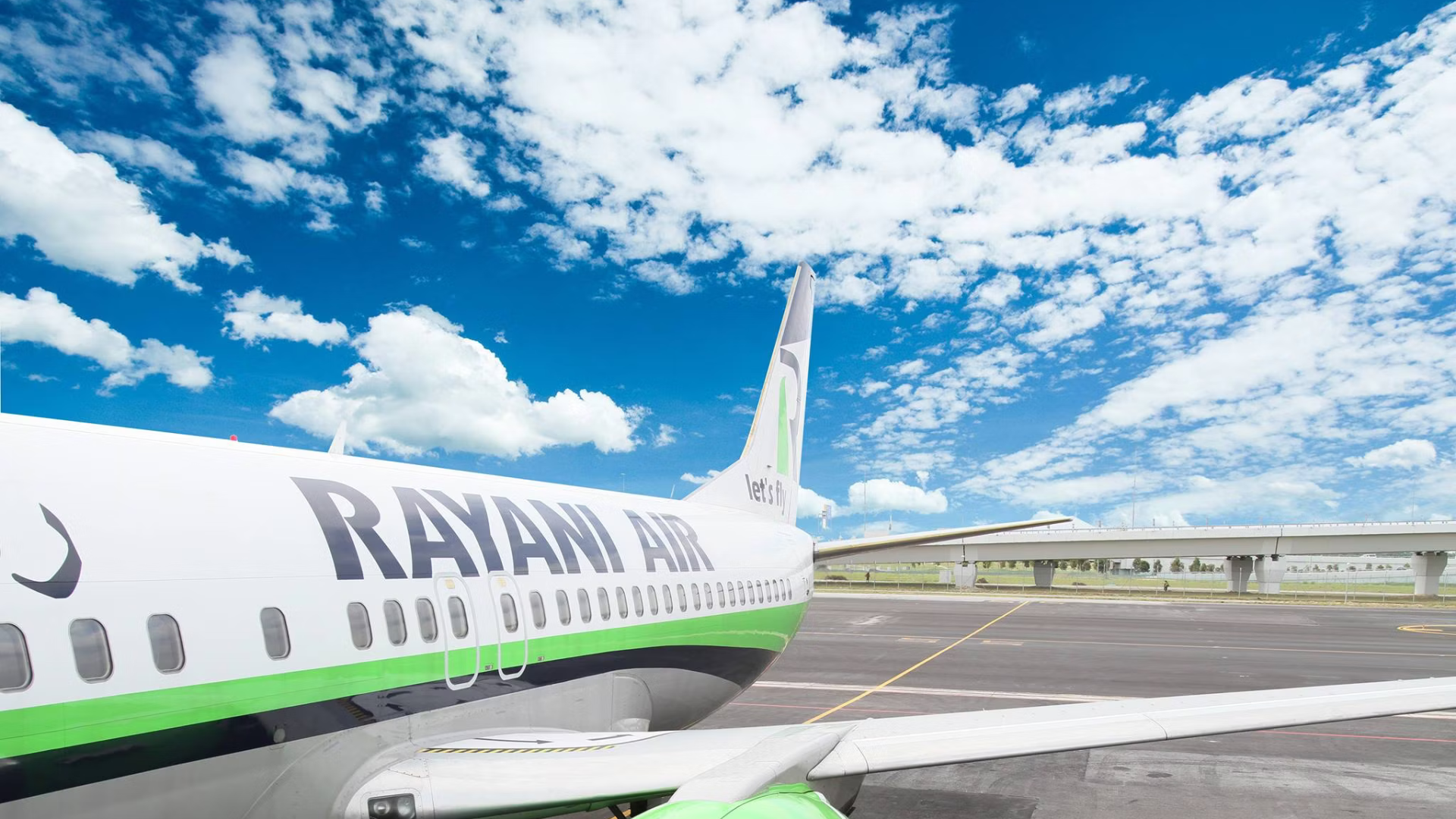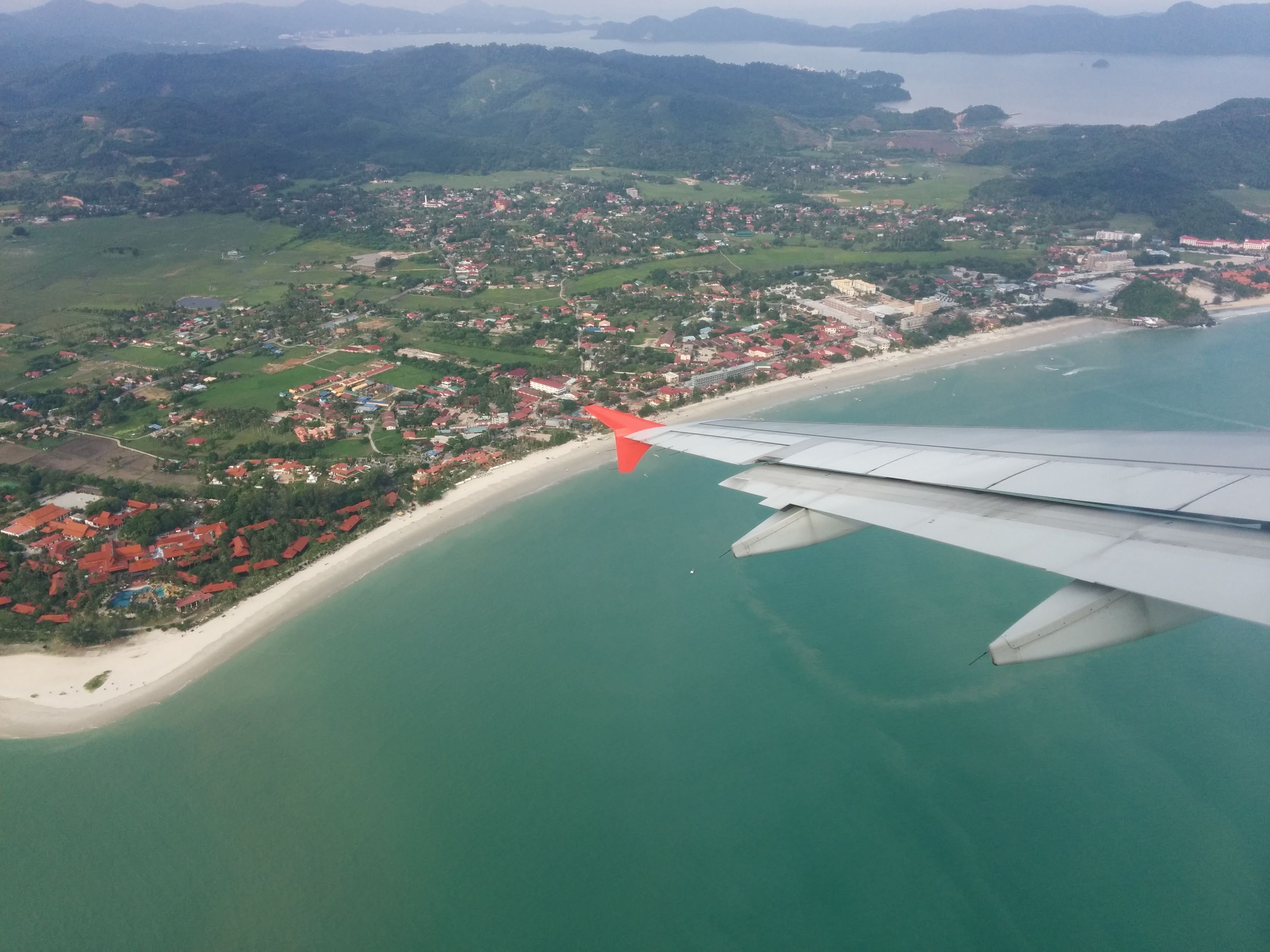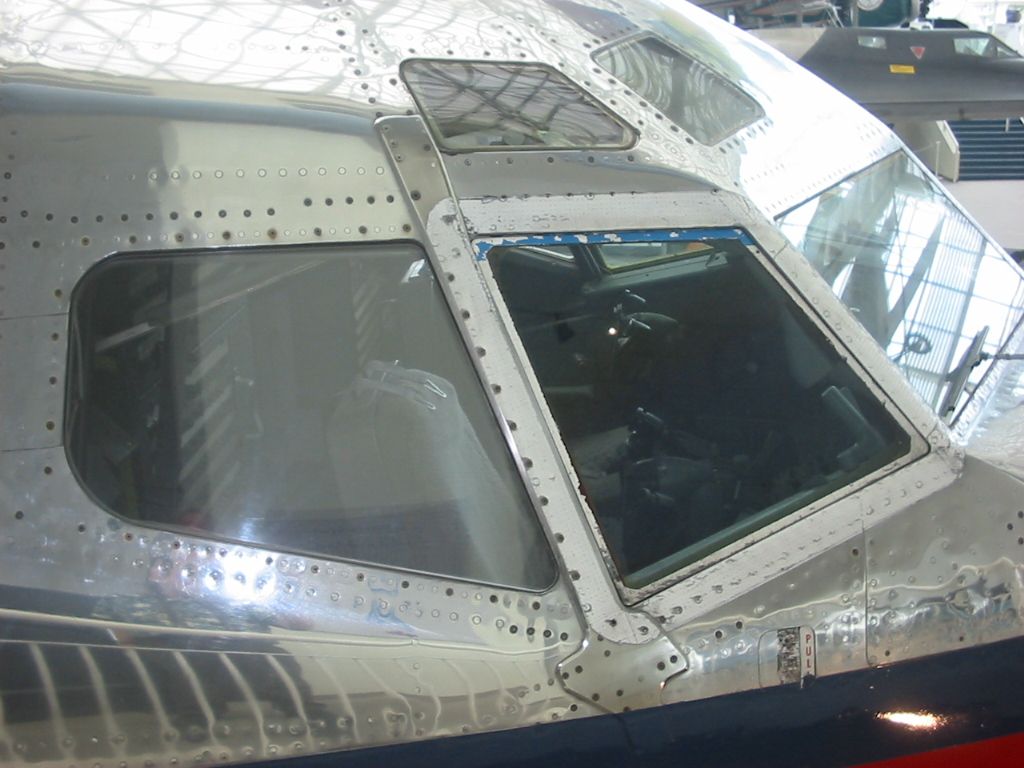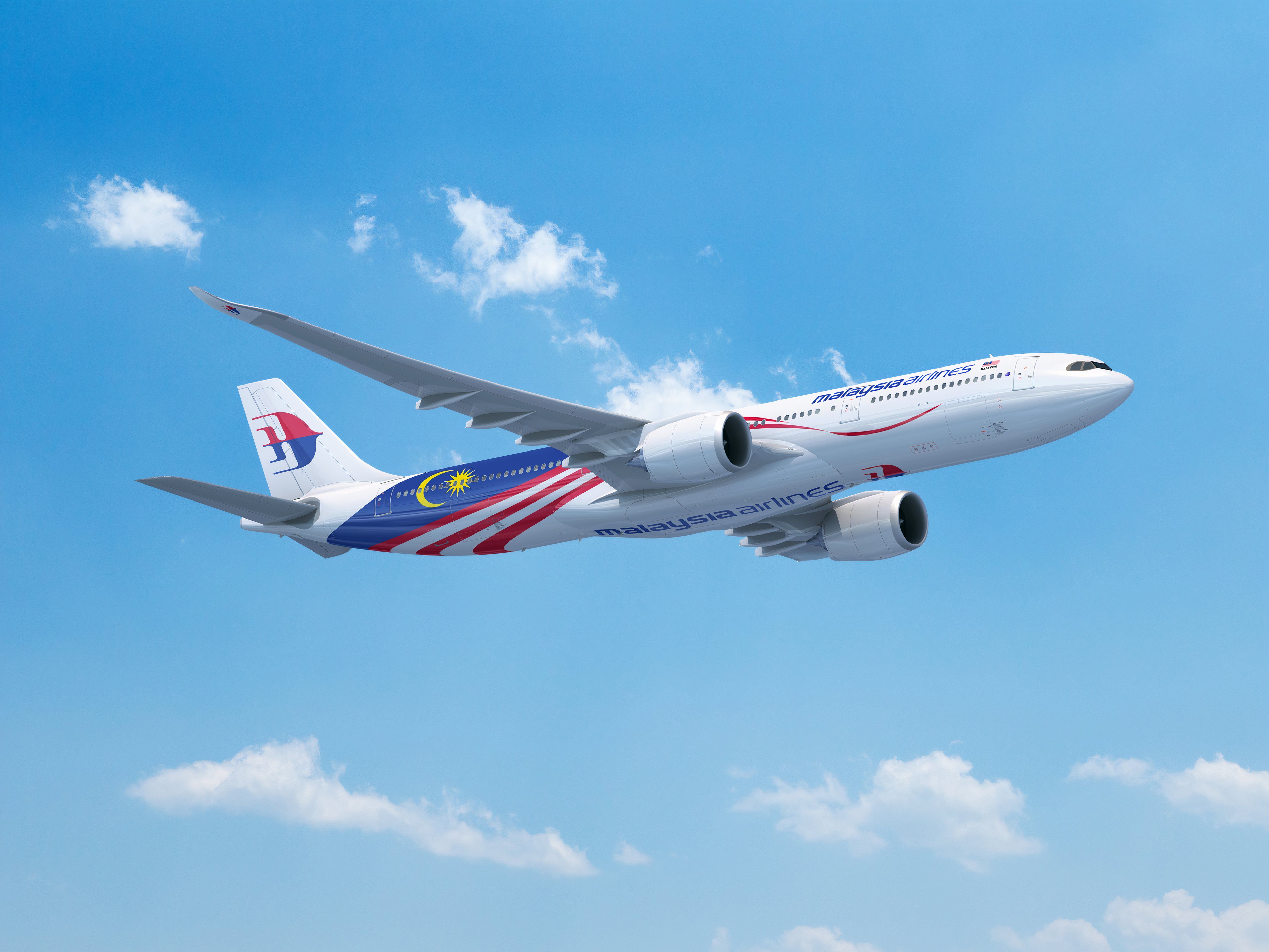Running an airline is no small feat – it’s an expensive and complex endeavor, and the industry’s high barriers to entry make it tough for newcomers to break in and even harder to stay afloat. Launching an airline involves years of meticulous planning, rigorous certification processes, and a fair amount of luck.
Faced with such challenges, some airlines still struggle to get off the ground. This is the tale of one such airline that, despite its ambitions, lasted just five months, plagued by a slew of challenges, from safety and security issues to pilot strikes.
The country’s first Sharia airline
Rayani Air was unique in the aviation world, being the fourth airline globally to operate under Sharia (Islamic) laws and the very first in Malaysia to do so. The airline adhered strictly to Islamic principles, meaning that no pork or alcohol was allowed on any of its flights. Before takeoff, prayers were routine, recited by both the crew and passengers.
Additionally, all Muslim female flight attendants wore the hijab as part of their uniform, cementing the airline’s commitment to its religious foundation. A little-known fact about Rayani Air is that it was launched by a husband-and-wife duo who originally ran a bottled water company. Despite their lack of experience in the aviation industry, they were determined to make Rayani Air a symbol of faith-based travel within the region.
Given that Malaysia is a country where the majority of the population — around 63.5 percent — practices the Islamic faith, Rayani Air seemed destined for success from the outset. The concept of an airline that aligned with the religious values of most Malaysians appeared to be a winning formula. However, despite this promising foundation, the airline’s downfall seemed inevitable almost from the start, as instability plagued its operations early on.
Photo: Royal Brunei Airlines
While other Sharia-compliant airlines like Royal Brunei Airlines, Saudia, and Iran Air have established themselves as successful national carriers, Rayani Air had a much shorter journey. Despite its ambitions, Rayani Air managed to remain operational for less than six months, a stark contrast to the long-standing success of its counterparts.
Off to a rough start
Rayani Air was founded by Ravi Alagendrran and his wife, Karthiyani Govindan. The airline’s name is said to be a blend of their first names, reflecting their personal investment in the venture. Initially, the airline planned to kick off operations in August 2014, with Malacca International Airport as its base. However, the couple decided to shift their operations to Langkawi International Airport, a popular resort island. The move was strategic, aiming to tap into the lucrative tourist market that Langkawi attracts.
This change in plans pushed back the airline’s launch by over a year. Finally, on December 20, 2015, Rayani Air took to the skies for the first time. The airline started small, with a fleet of just two Boeing 737s, focusing on domestic routes. Its Langkawi base connected passengers to four key destinations, including the bustling capital of Kuala Lumpur and Kota Bahru, a city in the northeast known for its predominantly Muslim population, where 93 % of residents practice Islam.
Big plans
Even though Rayani Air’s time in the skies was brief, the airline had big dreams for expansion. There were plans in place to grow their fleet significantly, with six additional Boeing 737s and two larger 777s on order. The goal was to extend their network, covering more domestic routes across Malaysia and eventually branching out into international flights.
One of their most ambitious plans was to offer scheduled flights to Mecca, catering to pilgrims making the sacred Hajj journey, a key religious obligation for Muslims. Rayani Air had also hoped to collaborate with Royal Brunei Airlines to bolster the presence of Sharia-compliant airlines within the industry. This partnership was intended to create a stronger foundation for faith-based aviation, but unfortunately, these plans never materialized.
A rapid downward spiral
Just two months after launching, Rayani Air faced a significant setback when Flight RN180, scheduled to depart for Kuala Lumpur International Airport 2 (now known as KUL’s second terminal), had to be canceled due to a cracked cockpit windshield. This incident was only the beginning of a series of problems that quickly began to unravel the airline.
Reports soon surfaced that pilots were refusing to fly because of the aircraft’s poor condition. Passengers were also growing increasingly frustrated, as flights were frequently rescheduled or canceled with little to no notice and without any compensation.
Rayani Air also faced backlash for using handwritten boarding passes, raising serious concerns about aviation security. This practice prompted an investigation into the airline’s operations. On April 6, 2016, the founders revealed they were putting a temporary hold on all flights, claiming it was due to “restructuring exercises.” However, just five days later, the Civil Aviation Authority of Malaysia stepped in, suspending the airline for three months based on the investigation’s findings.
By June 14, 2016, Rayani Air had permanently lost its operating license. The Malaysian Aviation Commission issued a statement explaining that the airline’s repeated failures to meet regulatory standards and resolve its operational issues led to this decisive action. Despite its initial promise and ambitious plans, Rayani Air’s journey came to a close, serving as a reminder of the challenges and complexities of the aviation industry.
“[Rayani Air] had breached the conditions of its Air Service Licence (ASL) and lacks the financial and management capacity to continue operating as a commercial airline.”
Not all hope is lost for Malaysian aviation
Despite Rayani Air’s underwhelmingly short stint in the skies, Malaysia is known for a flourishing aviation industry. Just take a look at these interesting facts:
- Malaysia Airlines, founded in 1947, was the first airline in Southeast Asia.
- The world’s first commercial flight to use biofuel was operated by Malaysia Airlines in 2011.
- Malaysia’s AirAsia, one of Asia’s largest low-cost carriers, was among the first airlines in the region to adopt a fully digital booking system.
- Kuala Lumpur International Airport (KLIA) has one of the longest runways in Southeast Asia, stretching over 13,000 feet.
Photo: Malaysia Airlines
Nonetheless, Rayani Air’s story goes to show that, no matter how welcoming the aviation landscape may be, starting an airline is no easy feat – and the journey doesn’t always end in success.





